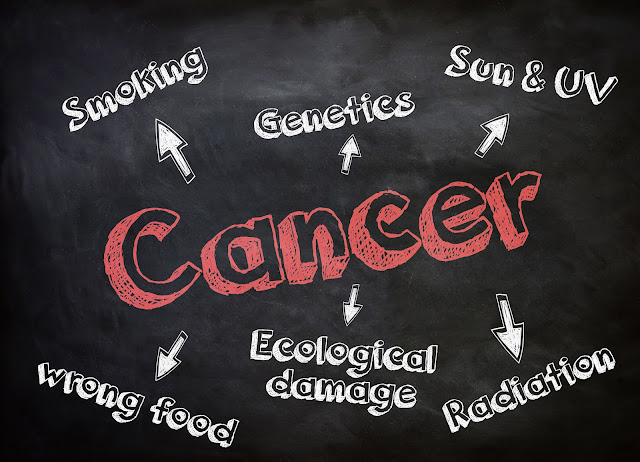What is an oncology doctor? Get to know about it!

Once a patient is diagnosed with cancer, he/she turns to the internet to learn about the anticancer drugs and treatment protocols and navigate to find a specialist who can treat cancer, what we call an ‘oncology doctor’. What is an oncology doctor? An oncologist or oncology doctor is a person who specializes in diagnosing and treating cancer. They act as the main health care providers who help to design treatment plans, and coordinate with other medical specialists to provide supportive care. What does an oncologist do? An oncologist role is centred towards complete cancer treatment from diagnosis to follow up. He/She will help to: Confirm a cancer diagnosis using specialized tests Detect the type, location and stage of cancer Provide a list of possible treatment plans and set recommendations for selecting the best treatment option Help to manage the symptoms as well as side effects associated with both disease and treatment Discuss the disease, treatment and s...




